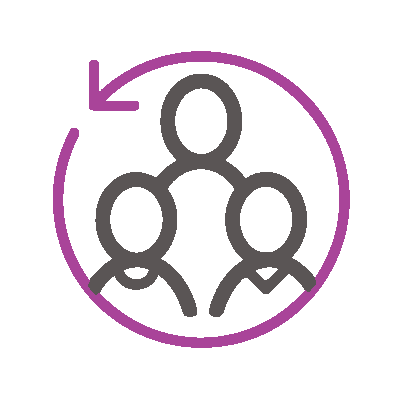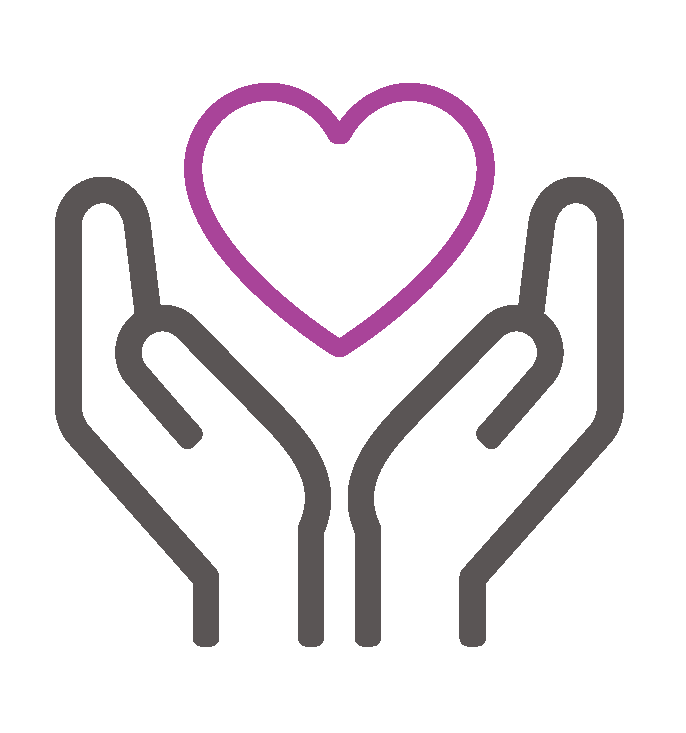Scientific media resources
Diversity in clinical trials is a scientific imperative
August 01, 2024
Insights into how a particular disease might affect a diverse patient population are essential to the drug development process so researchers can create the most innovative treatments and interventions. By including a wide range of patients in our research who are impacted by a particular disease, regardless of their race, ethnicity, gender, disability status, sexual orientation and/or where they live, among other characteristics, we can help reduce health disparities.
We seek to have patient populations in our clinical trials that are reflective of the real-world population and aligned with the epidemiology of the diseases we study. In doing so, we believe we can better address barriers to achieving health equity and deepen understanding of the safety and efficacy of transformative medicines for diverse populations.
Recognition of the need for more diverse representation has prompted an industry-wide effort for inclusive medical research
How is Bristol Myers Squibb increasing clinical trial diversity?
As we continue assuring trials are designed with the right patient population in mind, we have taken a comprehensive approach in clinical trial diversity to focus on:

Protocol design considerations
Designing clinical trials considering diverse populations’ needs

Communications and engagement
Engaging with diverse stakeholders, including advocacy organizations, industry collaboratives, principal investigators, community outreach groups and trusted voices to foster sustainability and trust in clinical trials

Metrics and measures
Setting clear measures to track trial participant diversity for ongoing adjustments

Site and investigator selection
Aiding trial sites and investigators in recruiting and retaining diverse participants and assuring research centers are more accessible to diverse populations

Patient support
Providing tailored services in an effort to understand and address barriers for participation

Training
Investing in staff training to address diversity and inclusion in clinical trials, fostering an internal and external mindset shift and a culture of awareness
Our work to-date
BMS has ensured that studies are focused on medically underserved populations and that sites for our new studies include investigators in the most racially and ethnically diverse metro areas in the United States
Conducted 58% of BMS clinical trial sites in racially and ethnically diverse metro areas of the U.S. in 2023, surpassing our initial goal of 25% set in 2020 and making clinical trials more accessible to underrepresented groups

